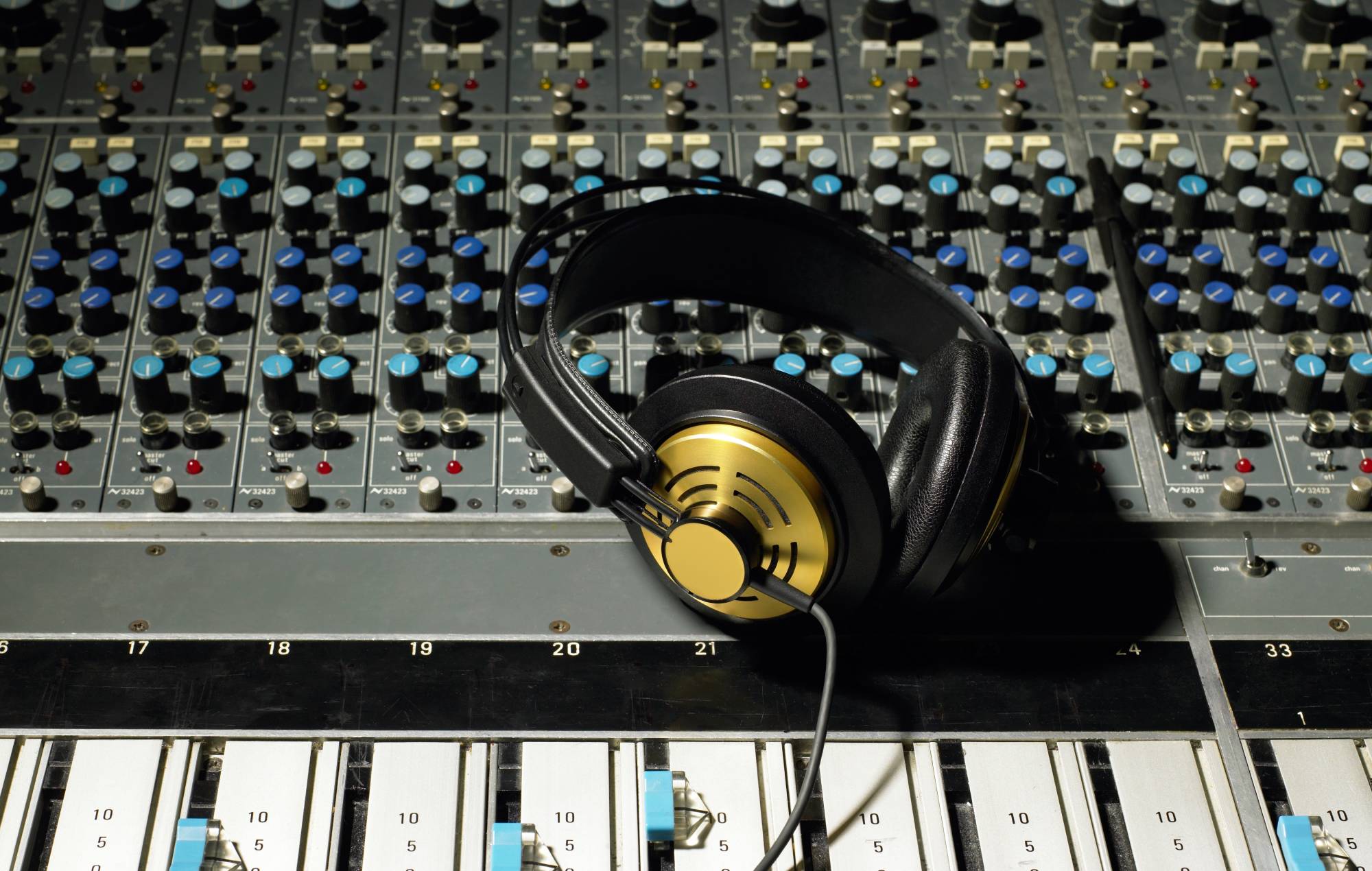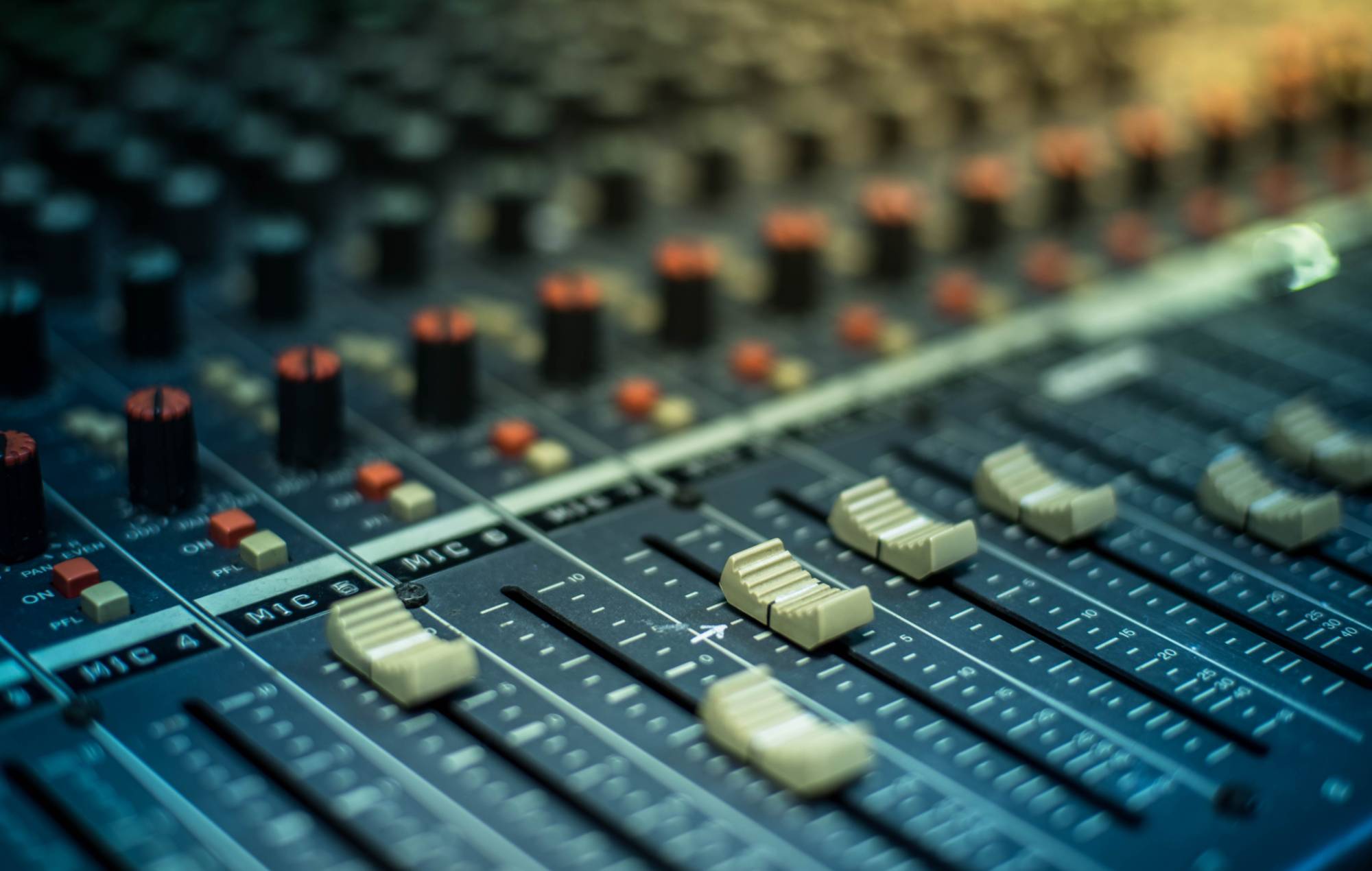
A musician in North Carolina by the name of Michael Smith has been arrested for streaming fraud which allegedly saw him collect $10million from AI-generated songs.
Yesterday (September 4), Smith’s house was raided by the FBI and arrested the 52-year-old musician, who was charged with money laundering, wire fraud and conspiracy to commit wire fraud. He is alleged to have raked in over $10 million by using bot accounts to stream AI-generated music. According to Stereogum, Smith may face roughly 60 years in prison.
As per Variety, the musician was accused of creating thousands of bot accounts on streaming services such as Spotify and used them to stream music he owned and allegedly discovered ways around the platform’s fraud-detection programs all while creating as much AI music as possible.
His indictment claimed that Smith emailed two co-conspirators and wrote: “We need to get a TON of songs fast to make this work around the anti fraud policies these guys are all using now.”
[embed]https://youtube.com/watch?v=zgQ9TparK_A&feature=oembed&enablejsapi=1[/embed]
The indictment also claimed that at the beginning of 2018, he worked with an AI music company as well as a music promoter to generate hundreds of thousands of songs. It also claimed that he bought various email accounts and used VPNs as away to keep the services from discovering that he was controlling everything from his home in Cornelius, North Carolina.
It also added that he had allegedly lied to royalty distributors, with his representative telling the Mechanical Licensing Collective (MLC) that his works are “human-authored.”
The MLC previously doubted Smith’s authenticity last year and questioned how one would be able to create such a high volume of music so quickly without the use of AI.
“We have clearly demonstrated that Mike Smith’s works are not AI-generated, but rather they are human-authored,” a representative told the MLC, according to the complaint.
Smith was also accused of streaming fraud by a streaming platform in 2019 to which he denied and told the platform: “I have never done anything to artificially inflate my streams.”

Countless musicians have been against the use of artificial intelligence in music, including the likes of Brian May, Ed Sheeran, John Lydon and more.
One of the most prolific instances of an artist speaking out, however, came from Bad Seeds frontman Nick Cave, who described the concept as “a grotesque mockery of what it is to be human”. He later added that he wanted AI platforms like ChatGPT to “fuck off and leave songwriting alone”.
Similarly, Guns N’ Roses members Slash and Duff McKagan also weighed in on the debate, with the former saying that the use of the technology “does not really thrill me” and the latter telling NME last year that he had no plans to let AI “affect my creativity”.
Former Oasis members also spoke out after a UK band used AI to imagine what the Britpop icons might sound like if they were to reform and release a new album.
At the time, Liam hailed what he’d heard of the album, writing: “It’s better than all the other snizzle out there,” while Noel Gallagher told NME during an interview: “These fucking idiots have clearly got too much time on their hands and too much money that they can afford the technology to fucking piss around doing that for a laugh.”
While artists such as Grimes have embraced the idea of AI being used to help aid songwriting, countless names have taken the alternate stance. For instance, over 200 artists including Billie Eilish, Robert Smith, Stevie Wonder and Nicki Minaj previously signed an open letter put together by the Artists Rights Alliance, warning against the “predatory” use of AI in music.
Similarly, MPs suggested earlier this year that musicians and celebrities should be protected against AI deepfakes by law, and Sony Music, UMG and Warner Records all sued two AI brands for copyright violations. News of the latter also came shortly after Sony Music slammed Google, Microsoft, OpenAI and other tech firms over claims of unauthorised AI songs.
The post FBI arrest musician for streaming fraud and allegedly collecting $10million from AI-generated songs appeared first on NME.





